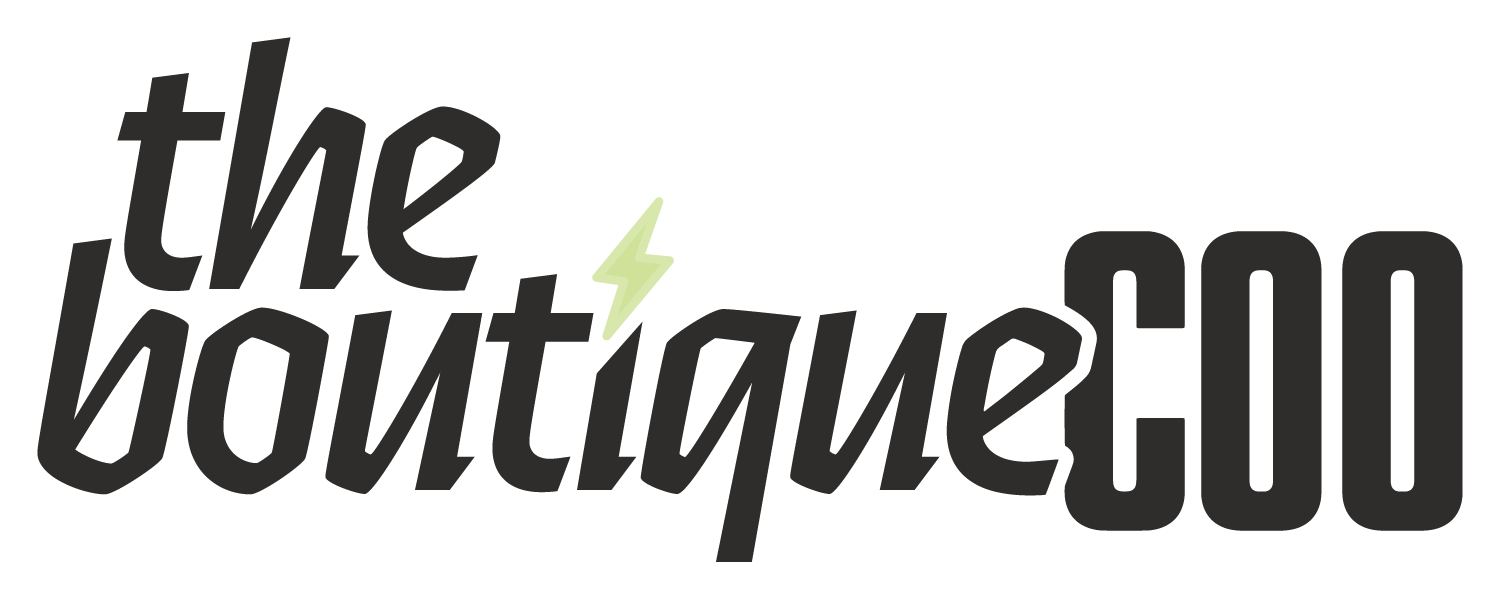Essential Trademark Facts for Small Businesses Brand Protection
GUEST AUTHOR: Nicole Hetz, founder of Volat LawYou have probably heard of "Intellectual Property Rights," but what do they entail?
In this guest blog post, we’re going to learn from Nicole Hetz. Nicole is experienced at providing general business law advice to existing small and medium-sized businesses, with a special emphasis on minority-owned enterprises.
What are intellectual property rights?
Intellectual property rights are designed to safeguard the creations of the mind and provide exclusive rights to the creators for a certain period of time. There are several types of intellectual property rights, including trademarks, copyrights, and patents.
A trademark is a unique identifier such as a name, logo, or tagline that distinguishes your products or services from others. Registering a trademark grants you exclusive rights, including access to federal courts and nationwide brand protection.
How to Determine if You Have a Strong Trademark
Below are 3 key elements of a strong trademark for a small business.
1. Avoid Generic Descriptors
When it comes to trademarks, it is generally advised to avoid using descriptive words, geographical names, and common phrases. These elements often lead to weak trademarks that are difficult to enforce against infringers.
2. Business and Domain Names Are Not Enough
Using a name in a URL or on social media does not protect it under trademark law. Official trademark registration is required.
3. Intent to Use Applications
You can apply for a trademark based on "intent to use," securing the right to use it commercially before it goes to market.
Why Trademarks Are Important
Trademarking can sometimes seem unnecessary for small business owners or solopreneurs. However, we have 5 compelling reasons why you should consider investing in trademarks for your business.
1. Brand Identity
Trademarks help establish a brand's identity in the marketplace. They allow consumers to recognize and differentiate your products or services from competitors.
2. Legal Protection
Registering a trademark provides legal protection against unauthorized use. You can take legal action against anyone who uses your trademark without permission, helping to prevent counterfeiting and brand dilution. You are allowed to send a Cease and Desist letter to those who may be diluting your brand.
3. Consumer Trust
A strong trademark can build consumer trust and loyalty. When customers see a familiar trademark, they associate it with the quality and reputation of your products or services.
4. Business Value
Trademarks can be valuable assets. They can increase the overall value of your business, especially if your brand becomes well-known and respected. Trademarks can also be licensed or sold, providing additional revenue streams.
5. Market Position
Trademarks help establish a strong market position. They can also be a key factor in marketing and advertising strategies, making promoting your products or services easier.
Trademarking for Your Small Business
In summary, trademarks are crucial for protecting your brand, building consumer trust, and enhancing the value of your business.
They play a critical role in differentiating your products or services in today’s competitive environment.
Every small business aiming to protect its brand and secure its market position should consider trademark registration as a fundamental step.
Want to learn more about trademark law? Get in touch with Nicole.
ABOUT THE AUTHOR
Nicole Hetz founded Volat Law to give all entrepreneurs the legal services they deserve. It’s a law firm designed for the entrepreneurial spirit! Attorney Nicole is experienced at providing general business law advice to existing small and medium-sized businesses, with a special emphasis on minority-owned enterprises.



